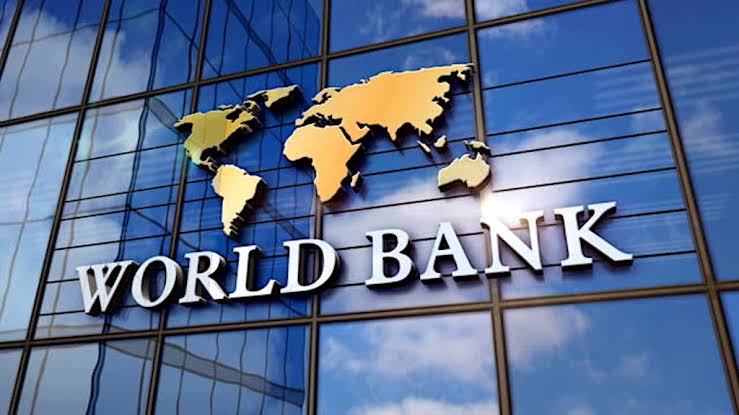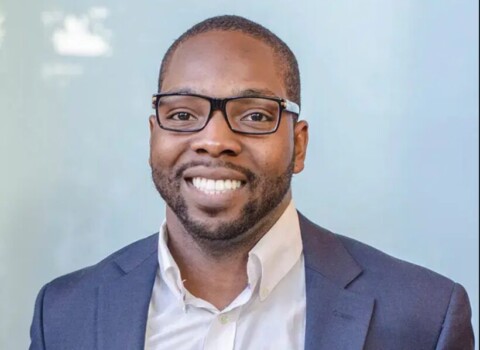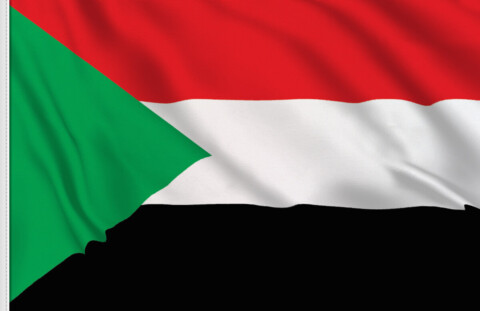The Federal Government of Nigeria is currently negotiating a loan of $500 million from the World Bank to improve basic education across the country. This loan aims to enhance learning outcomes and reduce the number of children who are out of school. The project is part of the World Bank’s HOPE for Quality Basic Education for All initiative, which targets major educational challenges in Nigeria.
The total estimated cost of this educational initiative is $554 million. Out of this amount, $500 million will be funded by the World Bank, while the remaining $54 million will come from a grant provided by the Global Partnership for Education (GPE). According to the Programme Information Document (PID), the project is expected to receive formal approval by March 2025.
The HOPE-Education project aligns with Nigeria’s Universal Basic Education (UBE) framework and seeks to address regional disparities in education access. The initiative is particularly focused on reducing the current estimate of 17.1 million children aged 5 to 14 who are not enrolled in school. Special attention will be paid to bridging the education gap between the northern and southern regions, where school enrollment rates in the north are significantly lower.
Implementation of the project will be overseen by the Federal Ministry of Finance in collaboration with the Federal Ministry of Education and the Universal Basic Education Commission (UBEC). The funds from the loan will be utilized to improve the quality of teaching through training programs, provide grants to community-based schools, and develop essential educational infrastructure.
This loan is part of Nigeria’s broader Human Capital Development strategy, which aims to create a skilled and productive workforce by 2030. Complementary programs, such as the National Home-Grown School Feeding Programme, will also play a role in reducing the financial burden on parents, encouraging higher school enrollment rates.
The PID also notes that the HOPE-Education project is part of a larger framework that includes two additional initiatives. The first initiative, HOPE-Governance (HOPE-GOV), focuses on improving the management of educational and healthcare financing, enhancing transparency, and boosting workforce performance. The second initiative, HOPE-Primary Health Care (HOPE-PHC), aims to improve healthcare services’ quality and reach.
Recently, the World Bank approved funding of $500 million for HOPE-GOV and $570 million for HOPE-PHC on September 26, 2024. Approval for the HOPE-Education project is anticipated on March 20, 2025, making it the final piece in this interconnected strategy.
In the last 16 months, Nigeria, under President Bola Tinubu, has borrowed $6.45 billion from the World Bank for different projects. This includes $750 million for the power sector, $500 million for women’s empowerment, and $700 million for girls’ education. Dr. Ndiame Diop, the World Bank’s Country Director for Nigeria, has confirmed the Bank’s commitment to helping Nigeria with its reforms and is willing to offer more loans and technical support.
As of March 31, 2024, Nigeria’s debt to the World Bank stands at $15.59 billion, making it the third-largest borrower from the World Bank’s International Development Association (IDA). This increase in borrowing is significant, reflecting Nigeria’s ongoing commitment to enhancing education and development through international partnerships.





